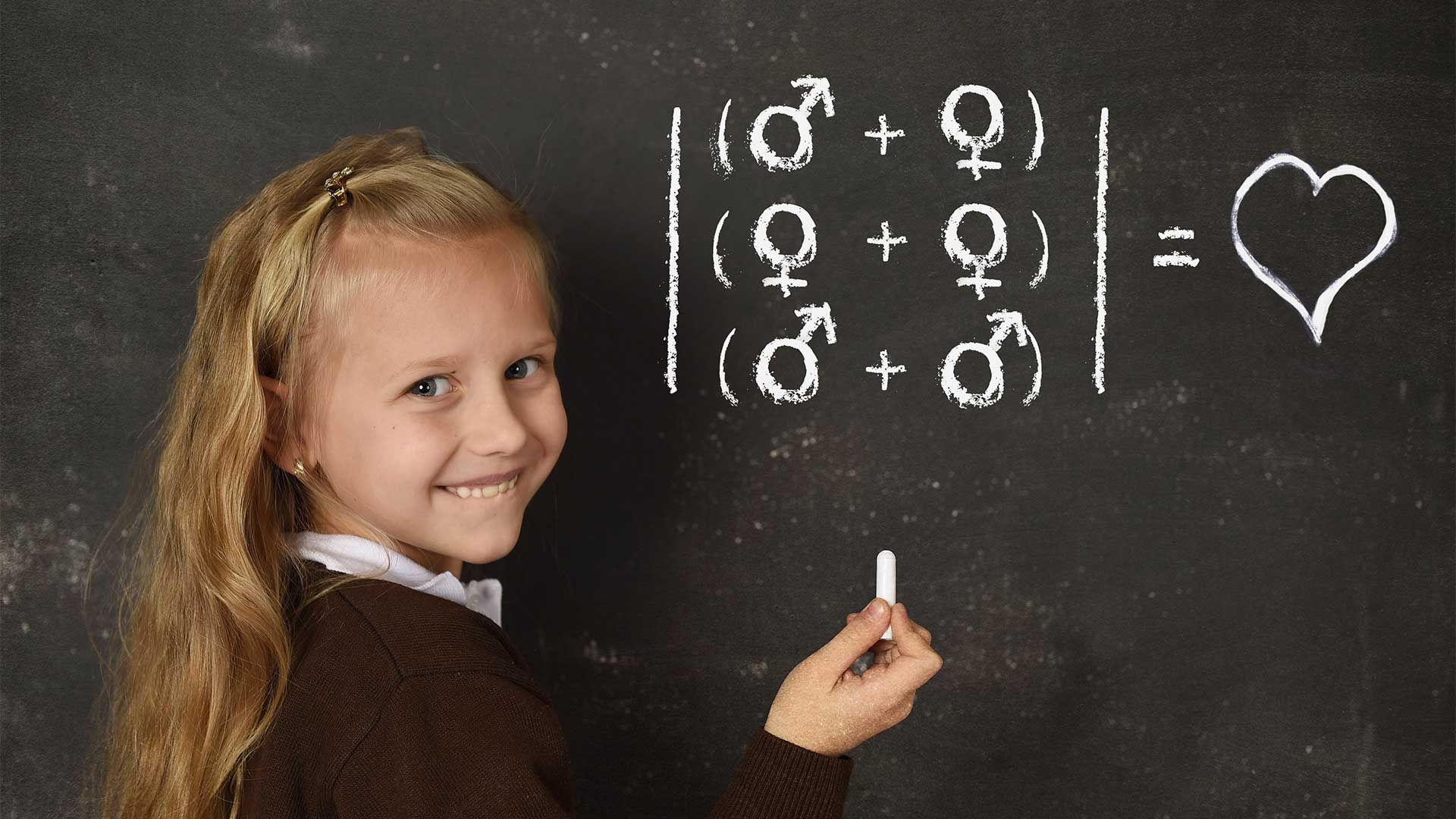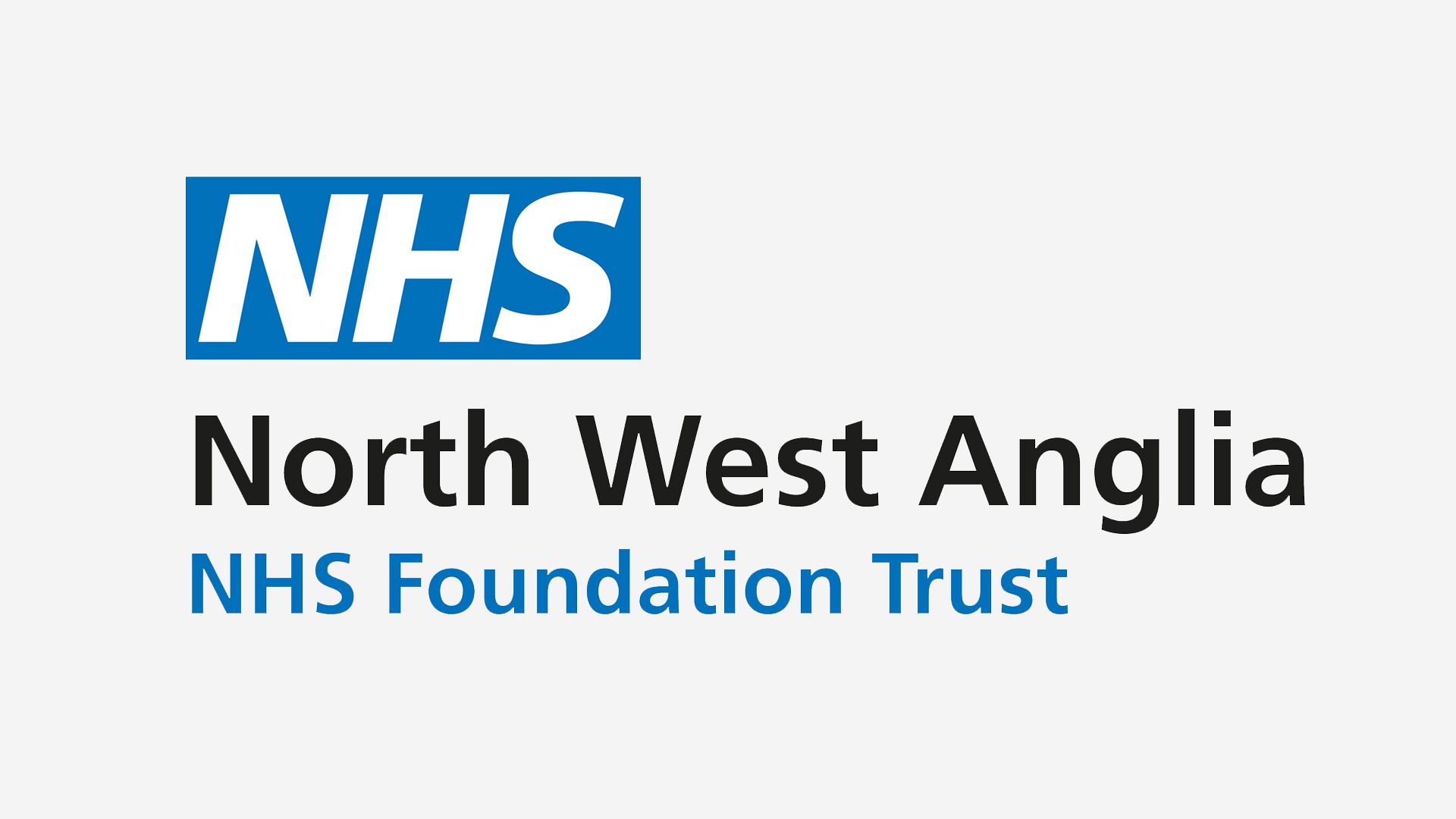Relationship and Sex Education in schools is set to change in September 2020

Under new guidance, Relationship and Sex Education in schools is set to change in September 2020. This is a welcome move for many schools, parents and, most importantly, children and young people. Tackling the spiralling decline in mental health in our children with a clear plan will help future generations.
Education Secretary Damian Hinds said: “I want to make sure that our children are able to grow up to become happy and well-rounded individuals who know how to deal with the challenges of the modern world. Part of this is making sure they are informed about how to keep themselves safe and healthy and have good relationships with others.”
The previous guidelines were rooted in the past and have not been updated since the turn of the millennium, since when smartphones, tablets and access to the internet have become a ubiquitous element of childhood.
The world may have changed, but many of the issues that young people face have not. Bullying, mental health problems, eating disorders, self-harm and gender and sexuality confusion have all been around as a constant. The pressures however, do seem to have changed dramatically, and this is largely due to access to the online world.
Parents can be left in the dark about the world their children are now a part of. Complex relationships and confusing feelings don’t exactly help our children feel comfortable in their own skin. Confidence seems especially challenged.
According to the Good Childhood report of 2017, 1 in 10 schoolchildren have a diagnosable mental health condition and 75% of all mental health problems are established by the time someone is 18.
According to last years’ Good Child Report: “Children are struggling with their identity and alarming numbers are self-harming. Pressure to fit in is making children unhappy – from how they look, to their sexuality, to how boys and girls must behave.”
Schools play a important role, not just in educating our children formally, but in teaching them about relationships, empathy, support and happiness. This new change in law will allow schools to help children better cope with the challenges of the modern world and will allow them to be supported, which in turn gives them the opportunity to achieve their full potential.
How can we as educators help address some of the issues? Why don’t you check out the range of free resources on our website to help designed to support schools, children and young people develop wellbeing in the school setting. Our Happy Centred Schools programme enhances the personal, social, emotional wellbeing and happiness of school communities, and support children's mental health.
It’s good to talk
What simple strategies can we use to get children and young people to open up and talk or express themselves? Here are a few simple ideas to try out:
- Chat openly, ask open-ended questions to find out what issues might be going on
- Create a comfortable environment
- Give space and time
- Encourage self-care
- Build on previous positive experiences – ‘emotional banking’
- Encourage diary writing, or blogging
- Think of three positive things each day to help change perspective
- Ask what they are grateful for in life
- Think about mindfulness practice
- Getting them to help others, it gives confidence and purpose
- Who do they have positive friendships with?
- What are their personal strengths?
- What goals do they want for themselves?
- Have a creative outlet such as dancing, art or music

































